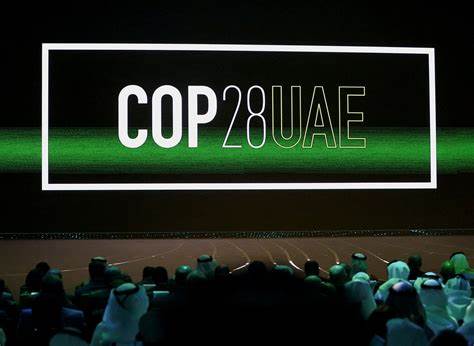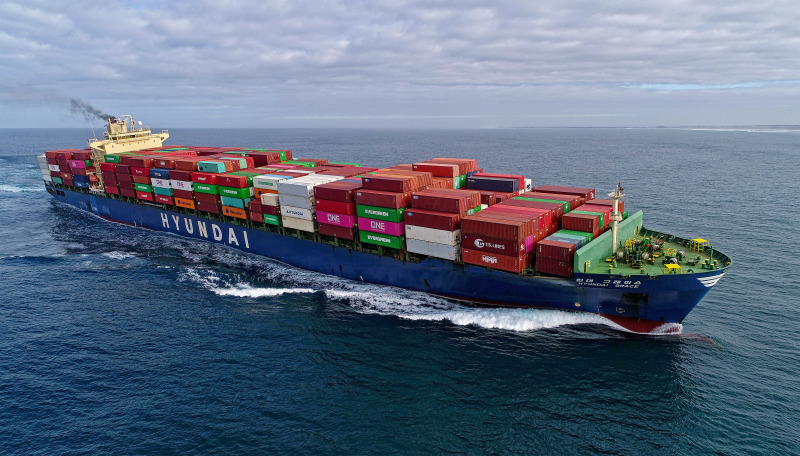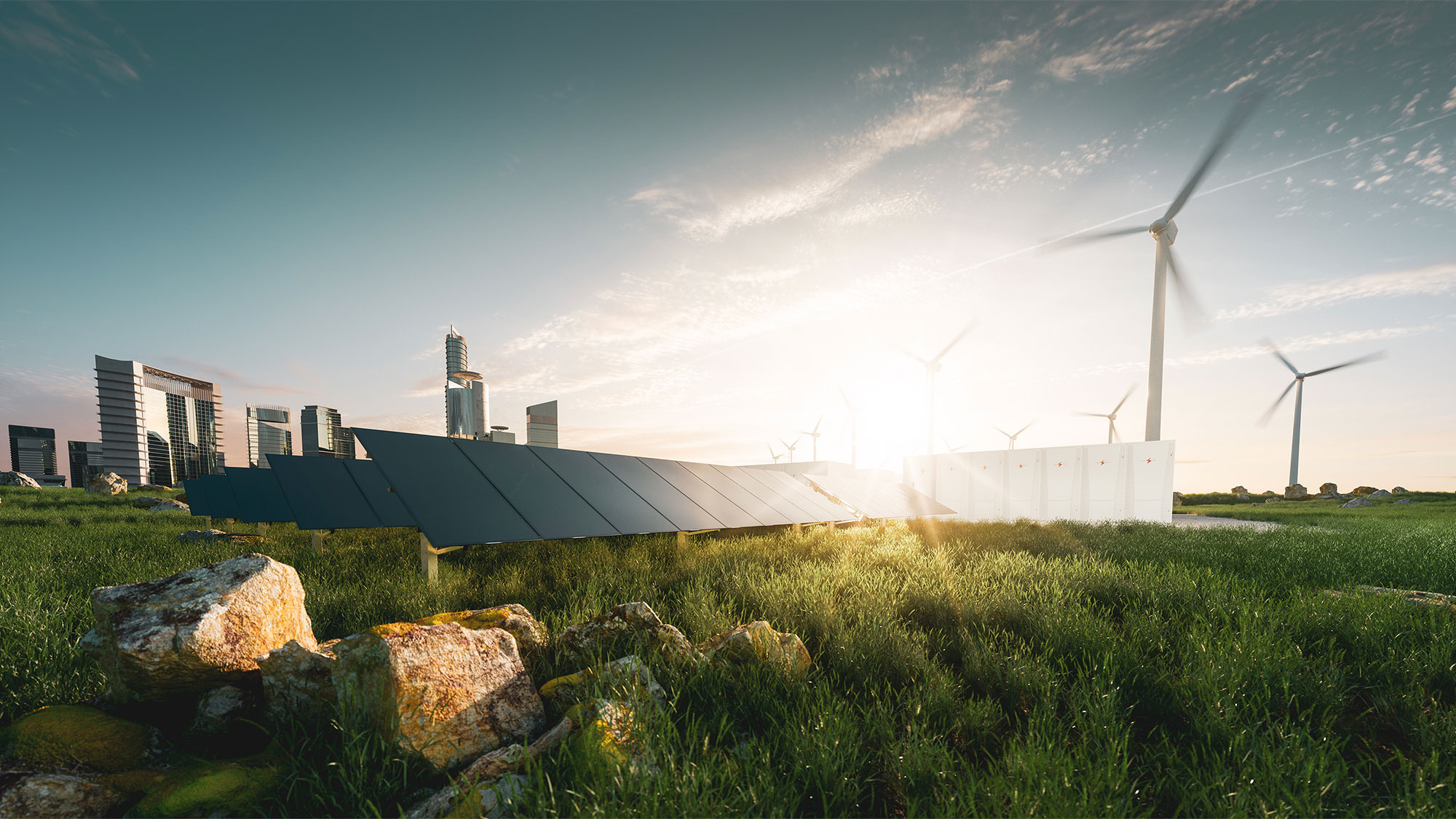Recently, the governments of Germany, Austria and Italy signed a joint statement on the joint construction of Southern European Hydrogen Corridor. The Southern European Hydrogen Corridor pipeline is about 3,300 kilometers long and is expected to be completed and put into operation by 2030.
The Southern European Hydrogen Corridor is part of the Project of Common Interest (PCI) between Germany, Austria and Italy and will play an important role in the supply of green hydrogen, especially to southern Germany. The hydrogen corridor will import renewable hydrogen from North Africa and connect to the main hydrogen demand centers in Italy, Austria and Germany via southern Italy. The joint statement aims to improve the energy security of major industrial clusters in various countries, support the EU's climate protection goals, and bring together grid operators, regulators, financial institutions, potential hydrogen consumers and producers to establish a trilateral working group composed of relevant stakeholders.
German Vice Chancellor and Federal Minister of Economic Affairs and Climate Protection Habeck said that the development of the cross-border hydrogen market will accelerate energy transformation, especially the decarbonization of industries that are difficult to reduce carbon dioxide emissions. If the construction of the cross-border hydrogen pipeline goes smoothly, a hydrogen network can be established in Europe, which will also bring security to Germany's energy.


